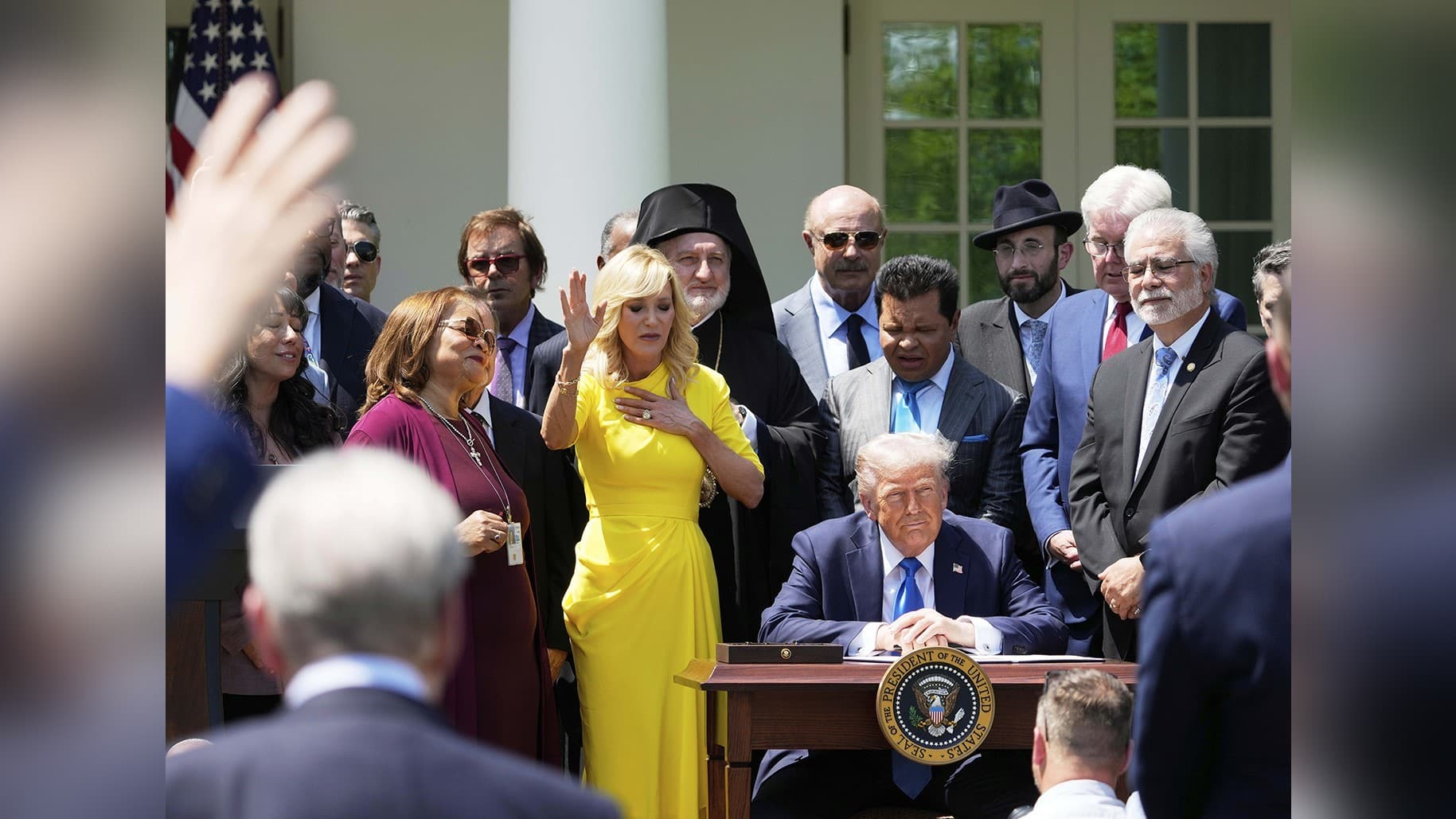Faith and Freedom: Trump Launches Landmark Religious Liberty Task Force

In a significant move to bolster religious freedom, President Donald Trump has strategically assembled a diverse group of evangelical leaders and Catholic clergy to serve on the National Commission on Religious Liberty. This carefully curated panel of faith leaders aims to champion and protect religious freedoms across the United States.
The commission brings together prominent religious voices from various denominations, signaling the administration's commitment to safeguarding the constitutional right to religious expression. By appointing these respected faith leaders, Trump demonstrates his dedication to ensuring that religious liberties remain a cornerstone of American democratic values.
These distinguished religious representatives will work collaboratively to address challenges facing religious communities, explore potential legislative protections, and advocate for the fundamental right of individuals to practice their faith without fear of discrimination or persecution.
The formation of this commission underscores the ongoing national dialogue about religious freedom and its critical role in maintaining the diverse and inclusive fabric of American society.
